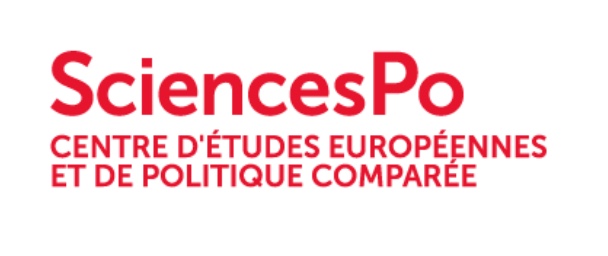6 octobre (Campus Saint-Thomas- salle K011)
Jean Baptiste Devaux, post-doctorant au CSO
Une banque publique de capital symbolique ? Le métier du financement de l'innovation chez BPI France
La présentation repose sur une enquête conduite au CSO durant un an et demi qui portait sur le financement de l'innovation au sein de la banque publique d'investissement (BPI France), devenu le principal opérateur de la politique de soutien à l'innovation en France. L'enquête se focalise notamment sur le travail des acteurs de "guichet" de la banque publique, c'est-à-dire les chargé.e.s d'affaires dont le travail consiste formellement à accorder - ou non - des crédits (subventions, prêts, garanties, etc.) aux entreprises au titre de la politique d'aide à l'innovation. En m'intéressant aux critères d'appréciation qui structurent le travail de ces intermédiaires de de l'action publique, je cherche à éclairer l'un des ressort de l'interventionnisme public en contexte de financiarisation de l'économie. Dans une perspective croisant sociologie des profession, des organisations et sociologie économique, j'éclaire les logiques de sélection, d'évaluation et les processus qui l'activité de ces agents. Je montre que compte tenu des incertitudes qui portent sur les projets innovants, les banquiers publics cherchent d'abord à évaluer un ensemble de "qualités" que détiendraient les porteurs de projet. Ces qualités renvoient au fait d'être plus ou moins dotés en ce que je propose d'appeler un capital entrepreneurial.
Le séminaire doctoral hebdomadaire a vocation à favoriser les échanges entre tous les chercheurs et les doctorants du laboratoire autour des différents axes de recherche du CSO. Un des objectifs de ce séminaire est la formation des jeunes doctorants dans les approches et méthodes de recherche en sciences sociales. Des chercheurs et doctorants extérieurs sont régulièrement invités pour présenter leurs travaux.
Ce séminaire a lieu le vendredi de 10h à 12h et se déroule à la fois en présentiel dans la limite des places disponibles dans la salle et en distanciel.
Anne-Laure Beaussier et Sylvain Brunier sont les coresponsables de ce séminaire.
Celui-ci est réservé en priorité aux membres du CSO et aux chercheurs associés. Si vous souhaitez y assister, merci de contacter Anne-Laure Beaussier ou Kevin Mellet
Évènement en Français
Andrea Ruggeri, University of Oxford
Évènement en Anglais
SAISON 31 | L'OSINT depuis la fin de la Guerre froide
L'Open Source Intelligence, soit le Renseignement en sources ouvertes, est réputé fournir aux services une masse d'informations cruciales pour éclairer, confirmer ou infirmer leurs investigations clandestines. Cette nouvelle saison de METIS (de septembre 2023 à janvier 2024) éclairera, au coeur du renseignement, la part véritable des informations clairsemées à travers les médias, la Toile, les réseaux sociaux mais aussi les témoignages divers, publics ou plus diffus.
16/10/2023 | 18:00-19:30
La guerre russo-ukrainienne
groupemetis@gmail.com
ATTENTION : Nombre de places limité
Évènement en Français


 06/10/2023
06/10/2023 10:00
10:00 




